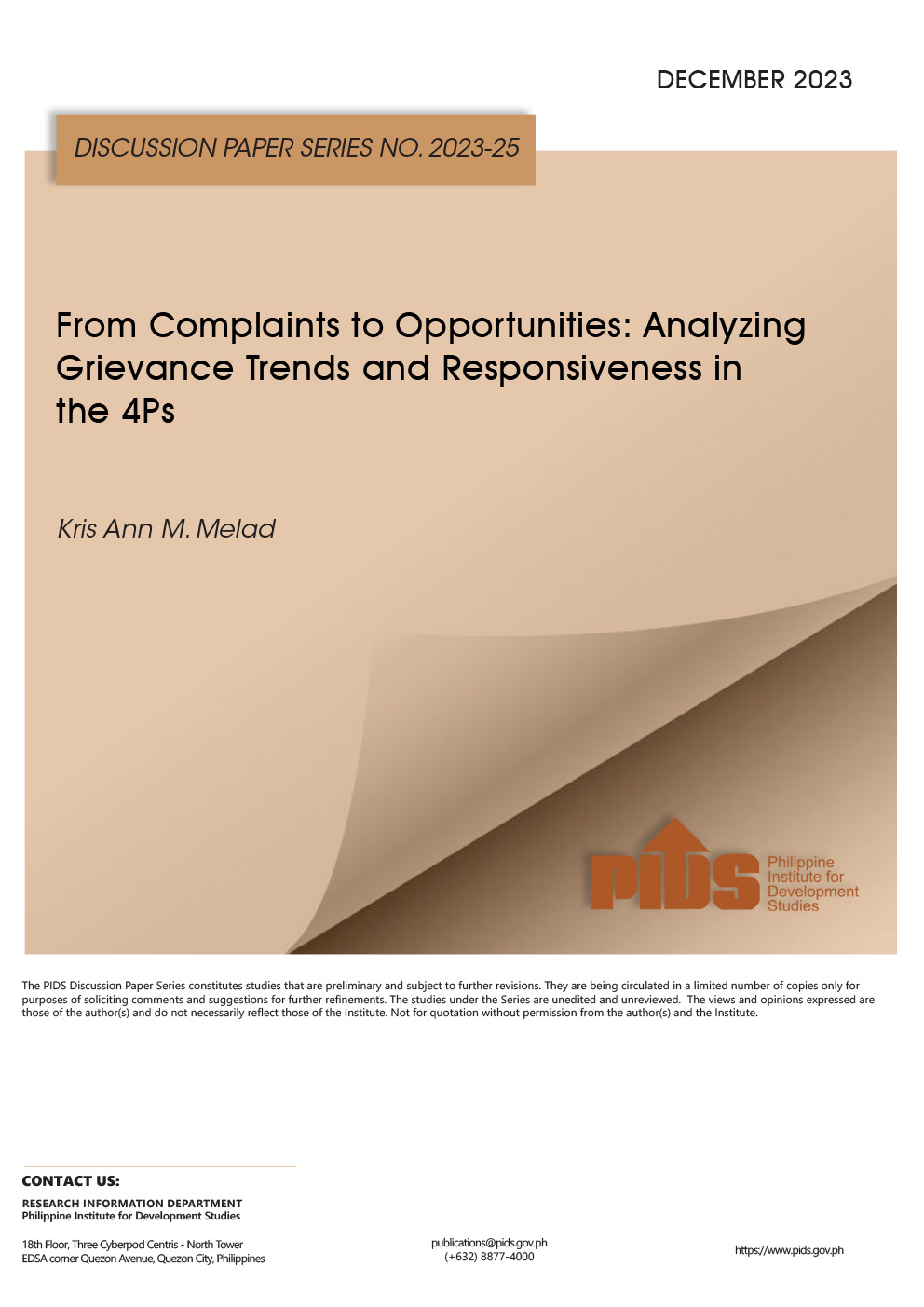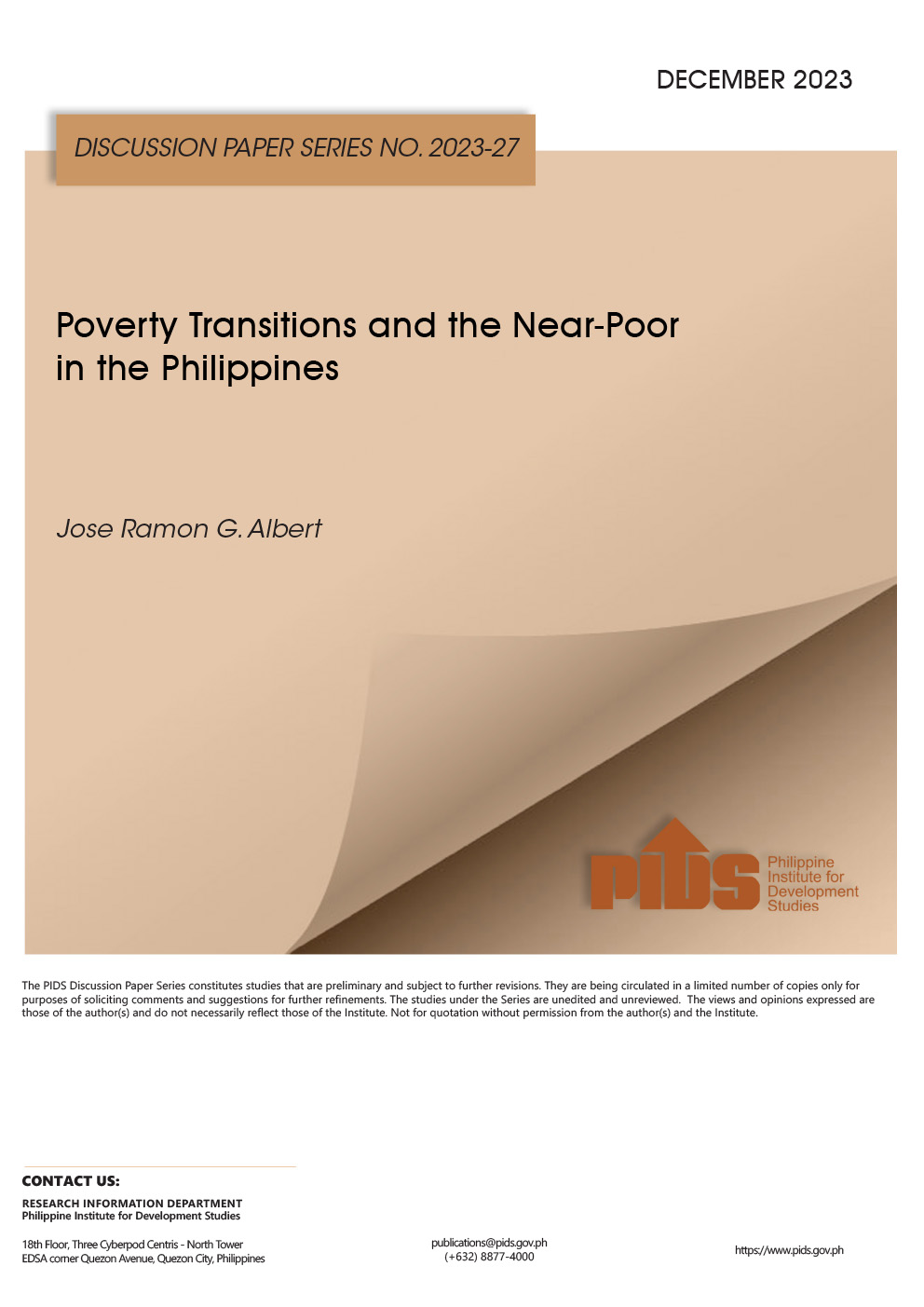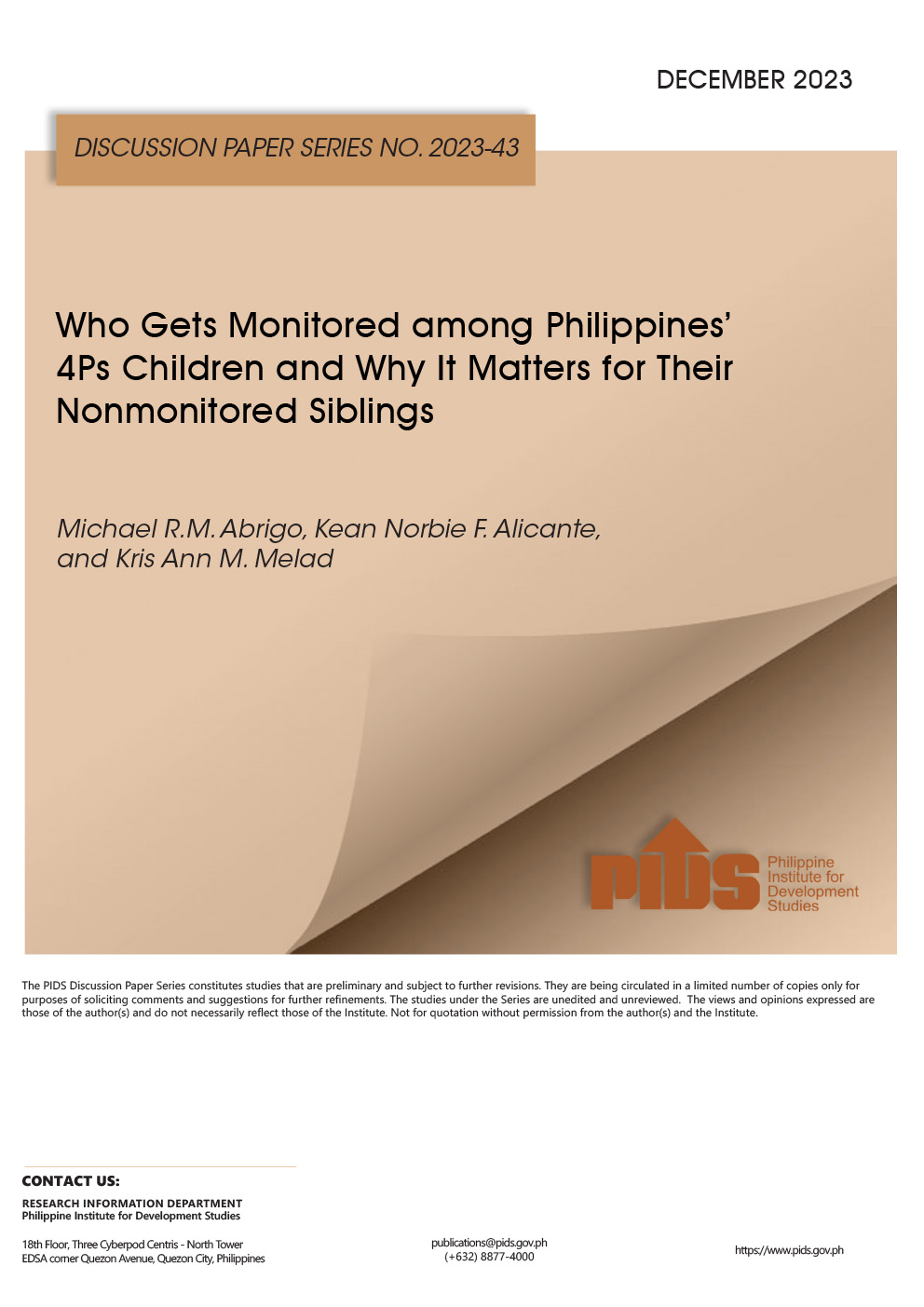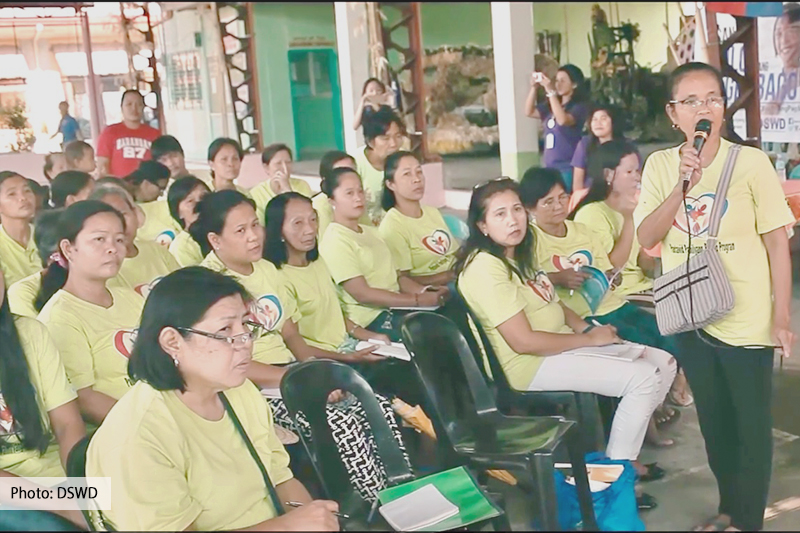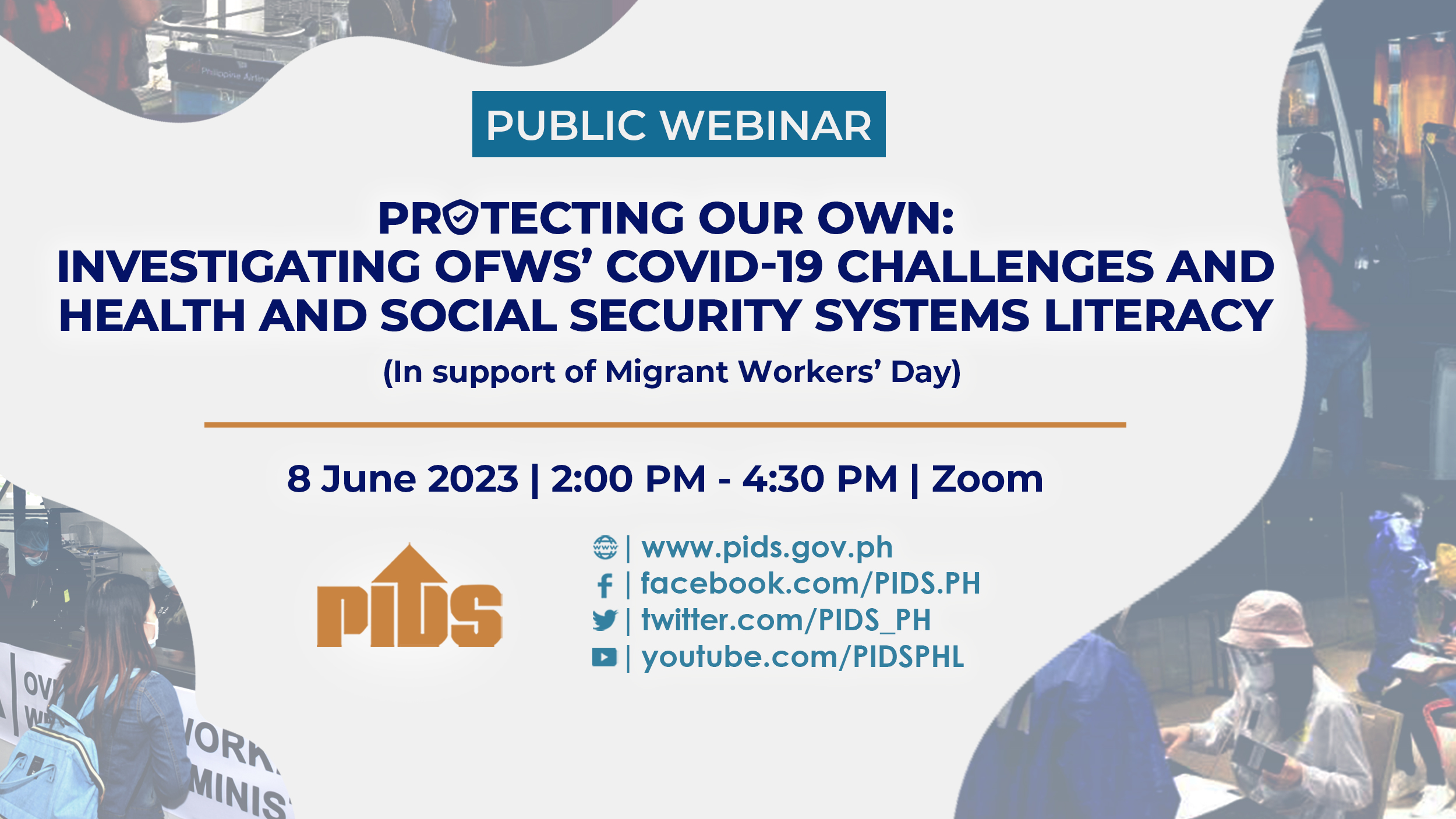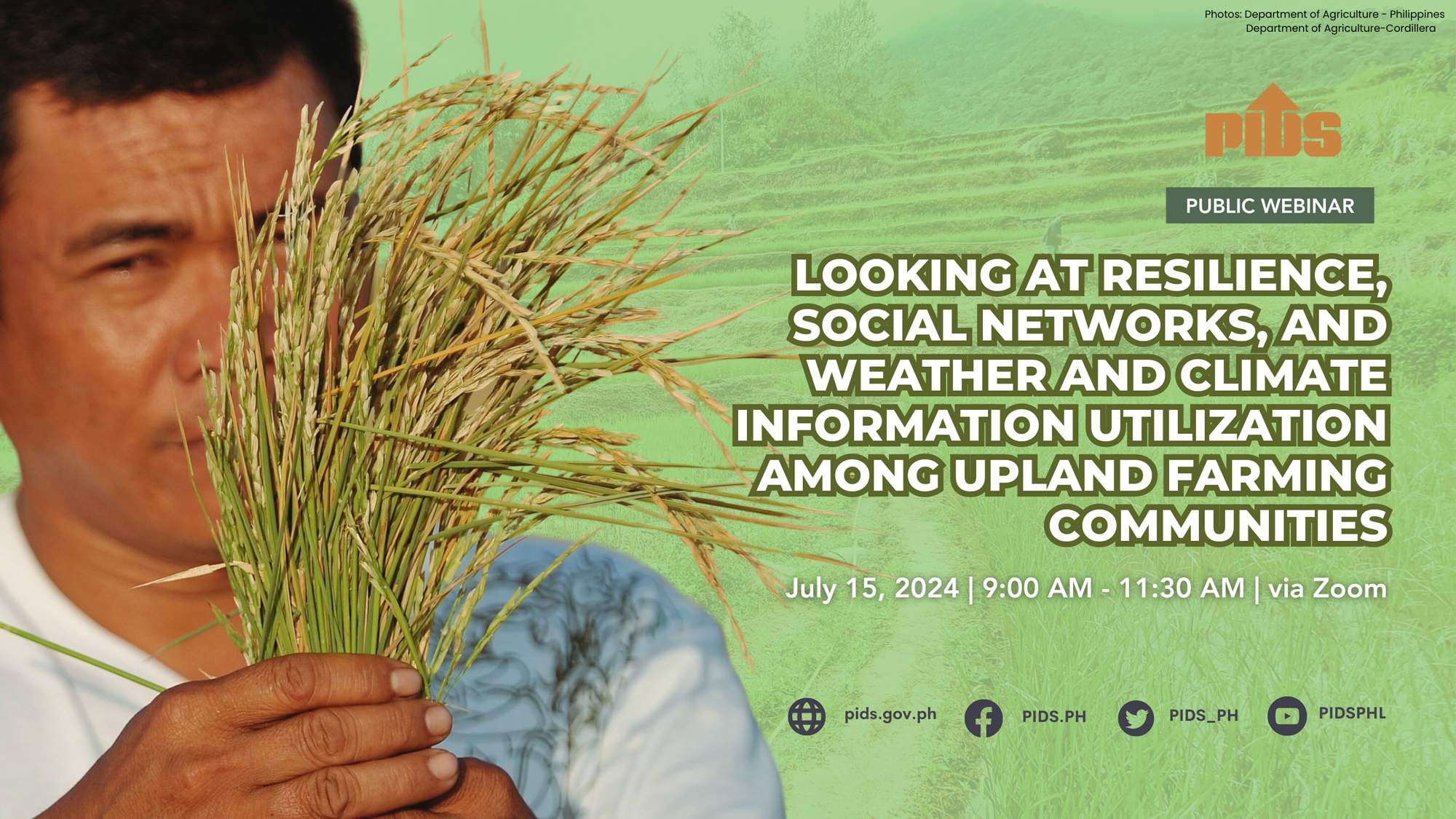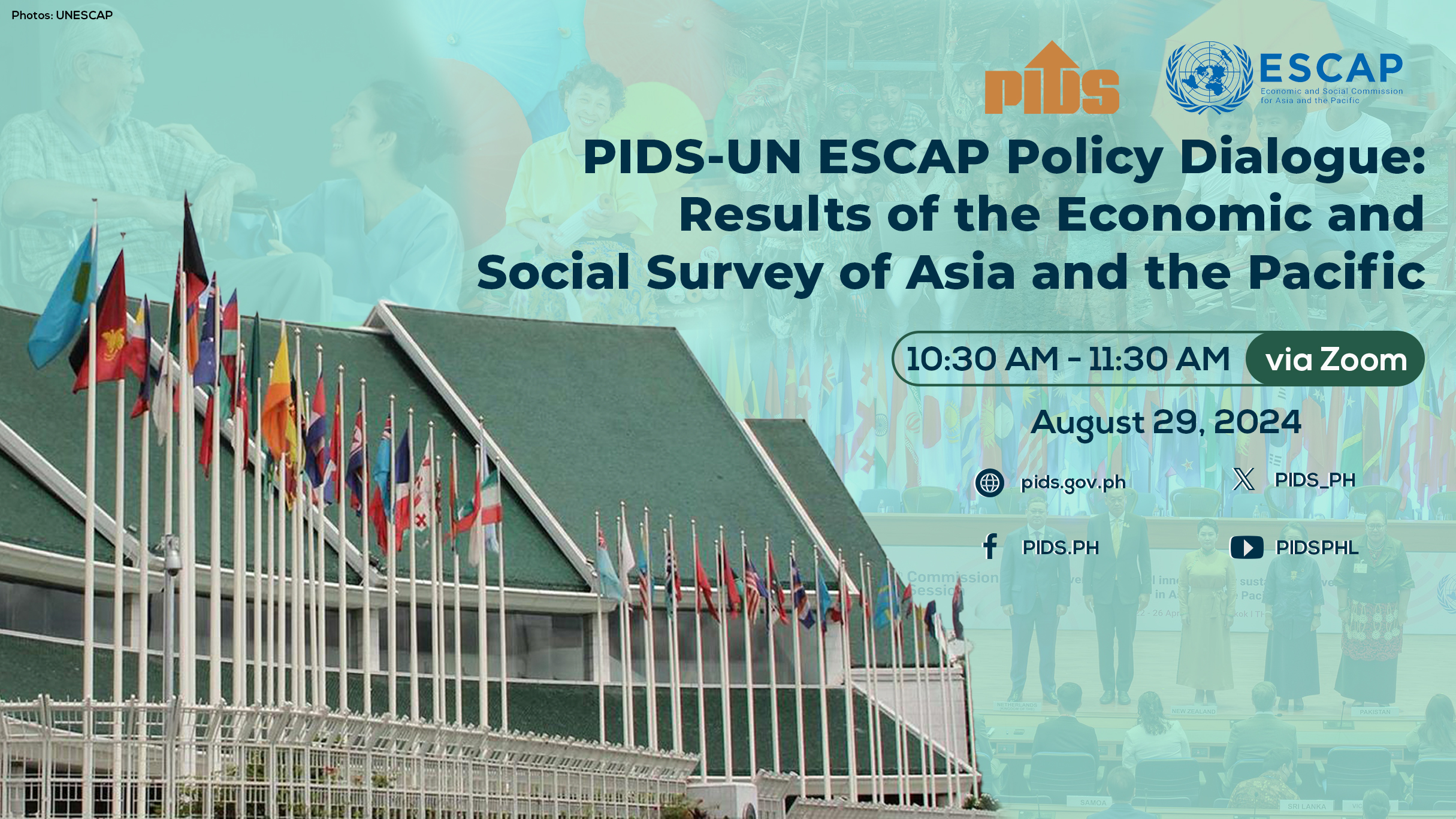Pope Francis once wrote: “Inequality is the root of social evil.”
Life on the ground is a paradox. While global attention revolves around economic growth, there are also serious contradictions like income and wealth gaps among people, exploitation, unemployment, and social tensions stemming from excesses and deprivation, corruption and plunder.
Amid this reality, 193 members of the United Nations, including the Philippines, adopted the UN’s Sustainable Development Goals (SDGs) in 2015, building on the principle of “leaving no one behind.” Goal No. 10 is “Reduced Inequality.”
In the Philippine context, the COVID-19 pandemic exposed and even exacerbated the country’s long-standing socio-economic inequality. Prolonged government lockdowns, while intended to curb the spread of the virus, led to an economic recession, record-high unemployment rates, and more people falling into poverty. Unfortunately, not everyone had the capacity and resources to get by in the midst of a crisis as enormous and unexpected as the pandemic that broke out in early 2020. Worse, the most vulnerable segments in society became the collateral damage of the government’s knee-jerk measures in responding to the emergency.
In fact, the Philippine Statistics Authority (PSA) reported in December 2021 that the poverty incidence in the country in the first half of 2021 jumped to 23.7% — translating to 26.14 million Filipinos — from 21.1%, or 22.26 million Filipinos in the same period in 2018. This indicates that 3.88 million more Filipinos became poor, therefore reversing the downward trend in poverty incidence before the pandemic hit.
Recently, the think tank Stratbase ADR Institute organized a virtual town hall discussion (vTHD) entitled, “Bridging the Gap: Reducing Inequality in the Philippines for Inclusive Growth.” During the virtual forum, members of the academe and the business community presented several solutions that may help address the complex issue of inequality in the country.
Dr. Ronald Mendoza, dean of the Ateneo School of Government (ASOG) observed the weak upward mobility among people due to the unavailability of decent jobs as well as the calamity-prone nature of the Philippine landscape, which affects the health and economic well-being of most Filipinos. He also noted that there has been a concentration of power among political families. Empirically, this power inequality results in partisan or parochial governance that conflicts with the expectations and interests of their respective constituents.
Dr. Mendoza said that inequality is self-reinforcing. “We need to break free from this anti-democratic, anti-inclusive growth trap,” he emphasized.
“We failed to build a more inclusive democracy. In a nutshell, we managed to liberalize the economy but we failed miserably to liberalize our politics. Eventually, even if you liberalize your economy, you will still hit a ceiling due to bad governance and because of that, failure to liberalize politics,” Dr. Mendoza further stressed.
Indeed, prohibiting political dynasties is a good first step in flattening the social inequality curve. When political power is not concentrated in a few families, the incumbent leaders have less reason to protect self-interest. Public office should not be turned into a family business; this contradicts the intent of the fundamental law of the land.
Beyond political reform, much also needs to be done simultaneously in other areas, such as in public finance, education, agriculture, and law enforcement, among others.
Dr. Charlotte Justine Diokno-Sicat, Research Fellow in the Philippine Institute for Development Studies (PIDS) called for the need for improved and innovative public sector governance, such as through strategic investments in both physical and human capital in both the national and local governments. “In bridging the gap and reducing inequality in the Philippines for inclusive growth, every single Filipino has a role to play,” she further emphasized.
Meanwhile, Dr. Carlos Primo “CP” David of the National Institute of Geological Sciences at the University of the Philippines Diliman recommended the creation of self-contained food production areas in order to improve the country’s agriculture sector and ensure food security.
In the same forum, Prof. Victor Andres “Dindo” Manhit, president of Stratbase ADR Institute, highlighted the critical role that the government plays in addressing inequality and national development. “The government should provide a conducive environment for the private sector to thrive as an effective partner to government in making public services available, especially to those who need help the most,” he said.
Hence, a collective effort is needed to reduce persistent inequalities in Philippine society. In certain countries, this is done through the development of a strong middle class that has access to more equitably distributed wealth, availability of jobs through a sustainable economy, good social security, and corruption-free governance, among others.
Amid these circumstances, however, all hope is not yet lost. A turnaround can still happen if voters elect servant-leaders who champion the rule of law and bring out the best in people.
Indeed, the paradox on the ground can still take a dramatic turn from self-enforcing social miseries when people realize how much power they actually have in their hands.
We should use the power of the ballot in the May 2022 elections to make the forthright decision to finally break free from the clutches of social inequality.

